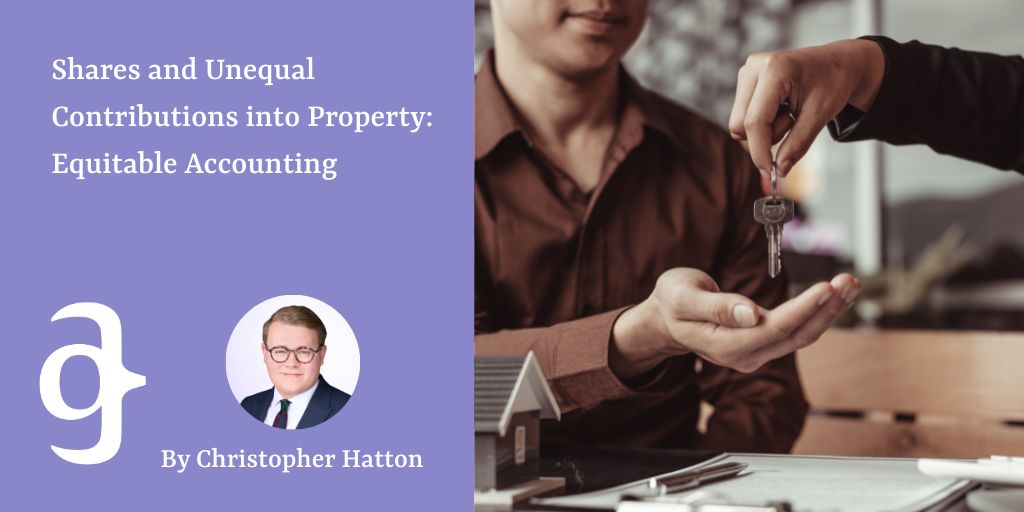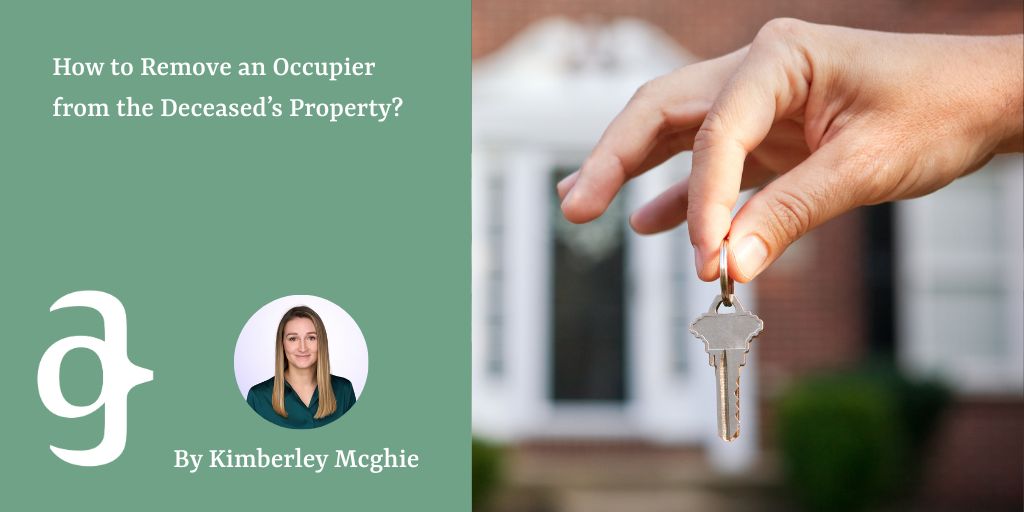Unlocking Joint Ownership of Property – Webinar

In times of uncertainty in the property market, owners of property naturally consider selling up before their investment falls in value. For joint owners of the property, this can not be done easily without the consent of their co-owner. It is often the case that one owner is deriving more benefits than another from the property.
In extreme cases, one owner can be deriving all the benefits leaving the other with no benefit or even bearing a cost. That might be palatable where the property is increasing in value, but a change in the market often compels an absent owner to insist on a sale.
In this series of blogs, we consider two of the most common scenarios, one following a joint owner having moved out, and another where an owner dies leaving a cohabitant in a tough situation.
Legal ownership of a property is recorded at the Land Registry. A sale cannot take place without both legal owners’ signatures or a court order. Where a joint owner is blocking as sale, it is possible to ask the Court to order a sale. In our first blog, Christopher Hatton sets out the procedure and factors that apply.
However, in both of our scenarios, it is unlikely that the joint owners will have in the period of solo occupation have contributed equally to the property or been compensated adequately for not having the benefit of occupation. In our second blog, Christopher Hatton considers the Court’s approach to attempt a fair split of the net proceeds of sale.
In her blog, Sarah Cummins sets out how someone not registered as a legal owner can make a claim to a share in a property, with reference to a deceased person’s property. If the occupier of an estate property has no claim against the property, then they might be occupying illegally or under a tenancy or license.

Kimberley McGhie in her blog sets out an executor’s duty to realise the estate assets and the procedural complexities in removing unwanted guests from a deceased’s property.
Finally, Rebecca Rodwell comments on the recent case of Hudson v Hathway, which looks at how a co-habitant might acquire a share in a property. This case sets out how the court can find that emails and conversations over time amount to an agreement or common understanding that someone has a share in a property.
In conclusion, a joint owner is entitled to be released from that arrangement and receive their fair share. However, careful thought is needed before forcing a sale.
Unlocking Estate & Jointly Owned Properties – Webinar
* Disclaimer: The information on the Anthony Gold website is for general information only and reflects the position at the date of publication. It does not constitute legal advice and should not be treated as such. It is provided without any representations or warranties, express or implied.*





No comments